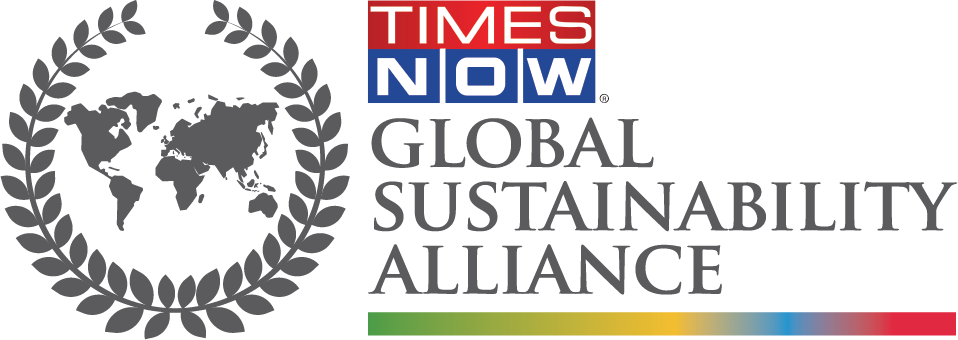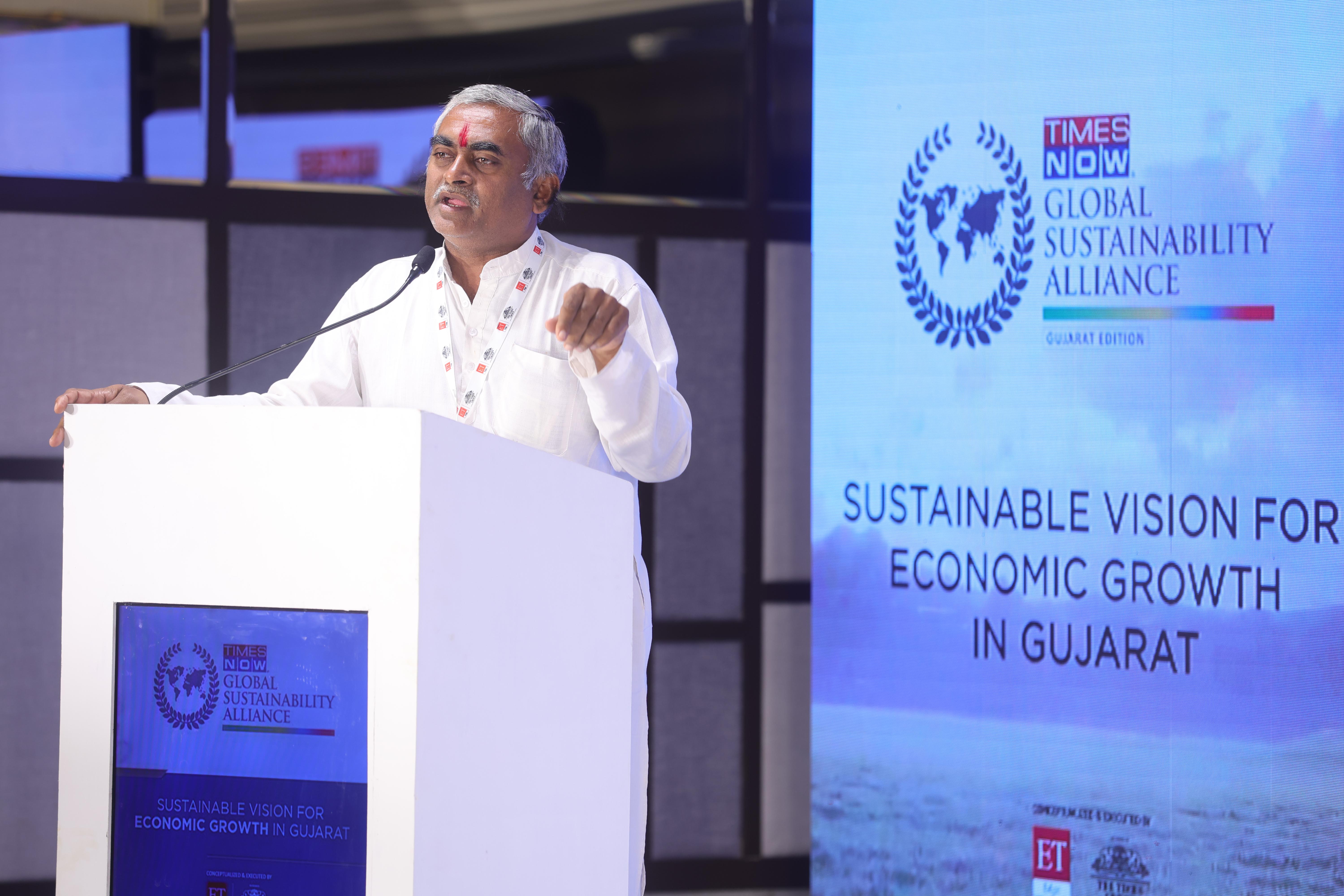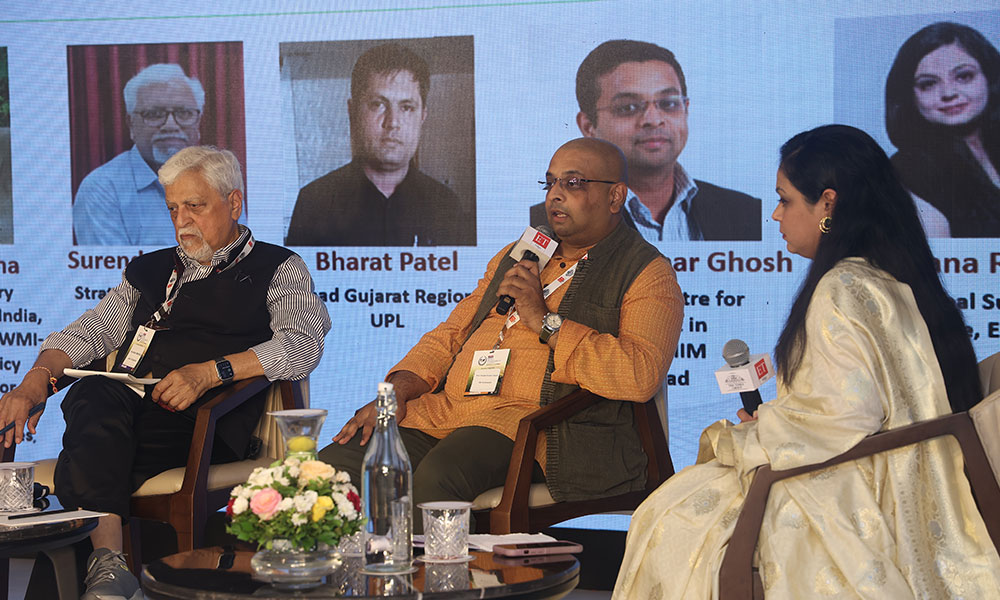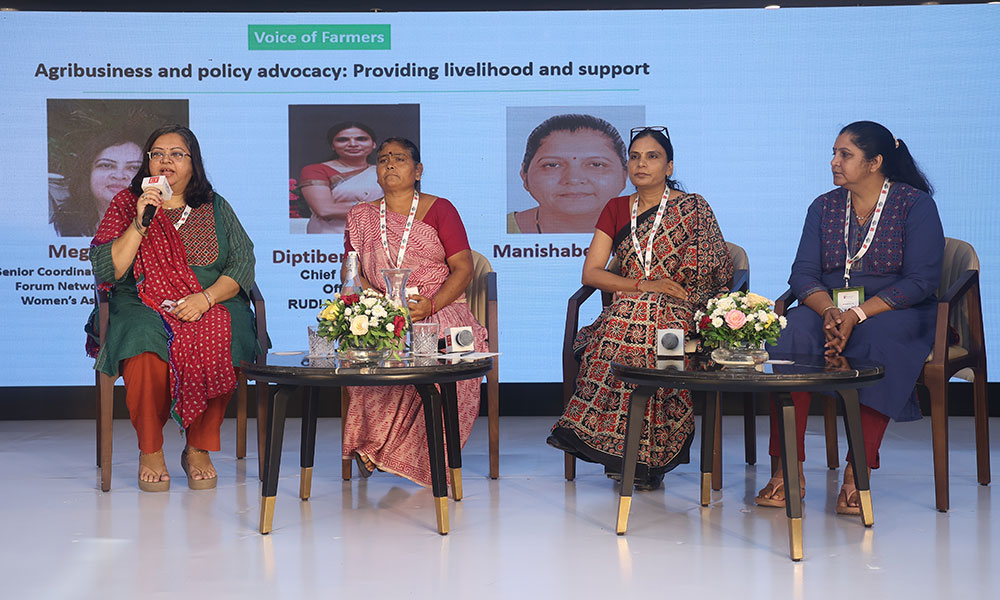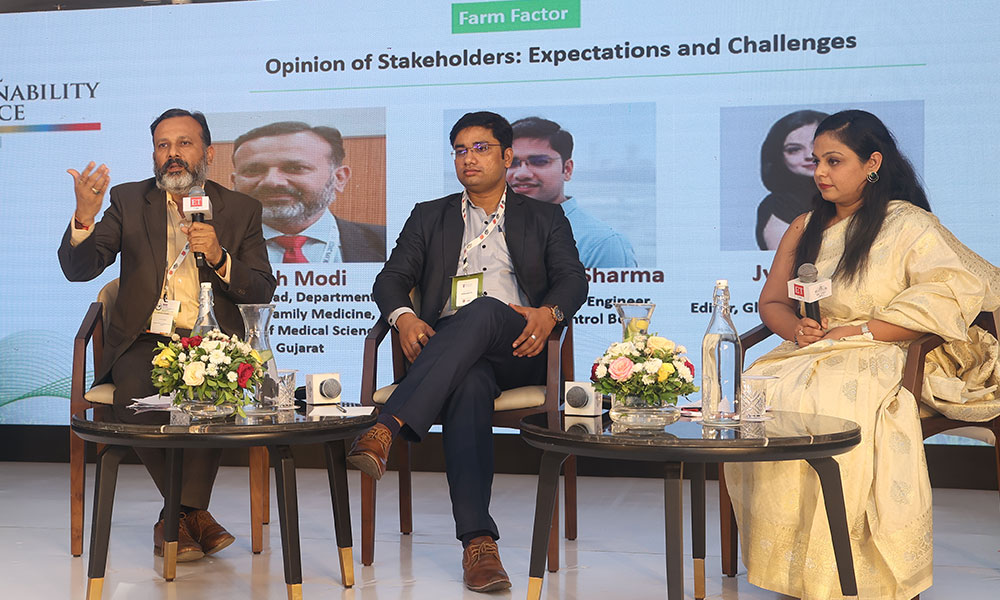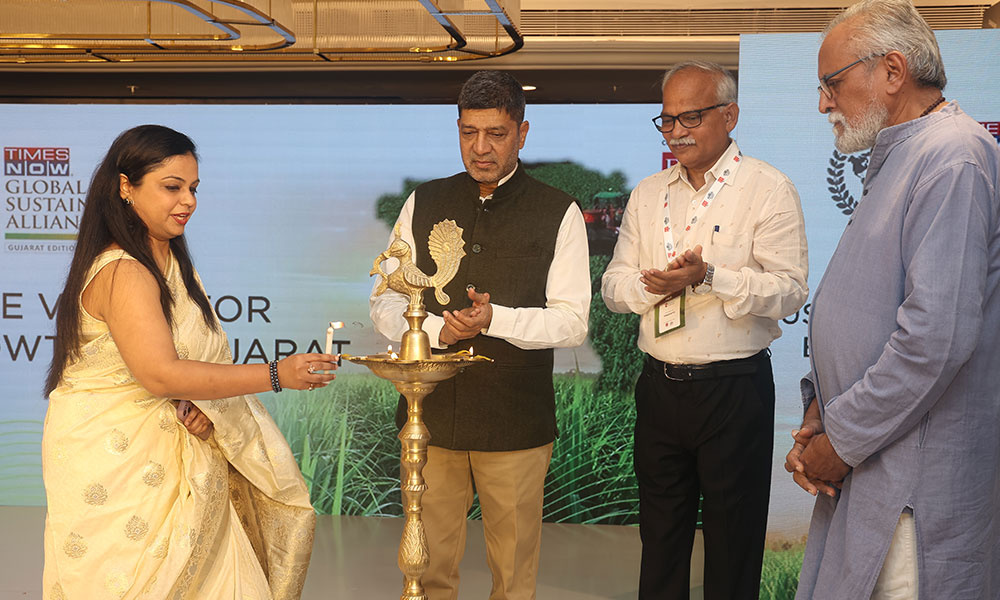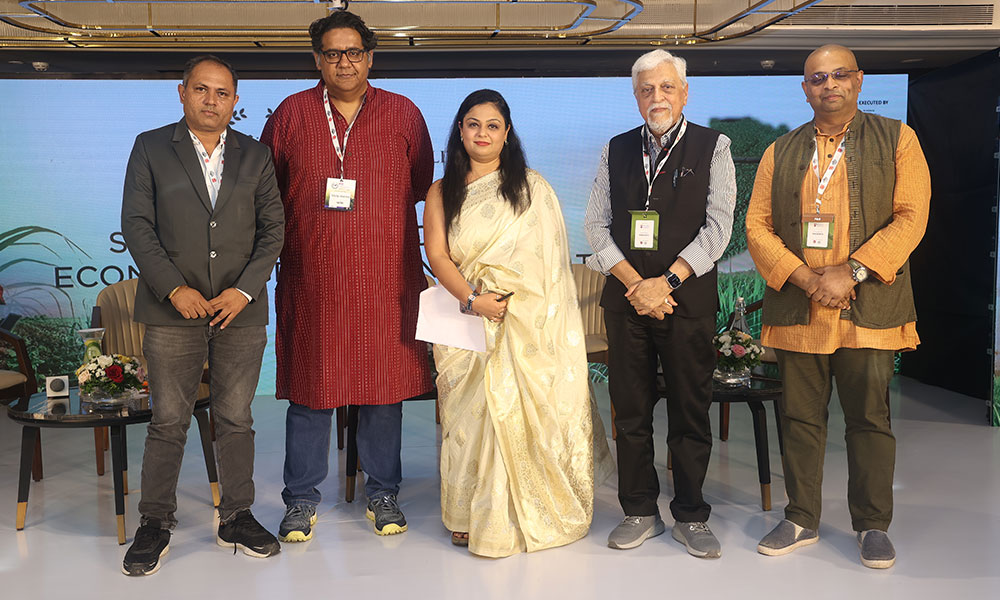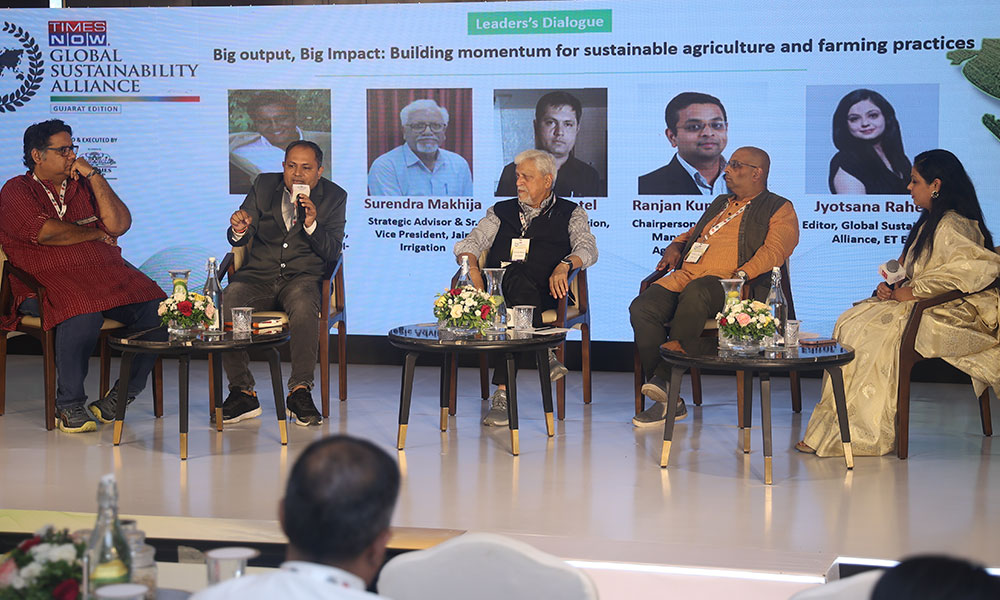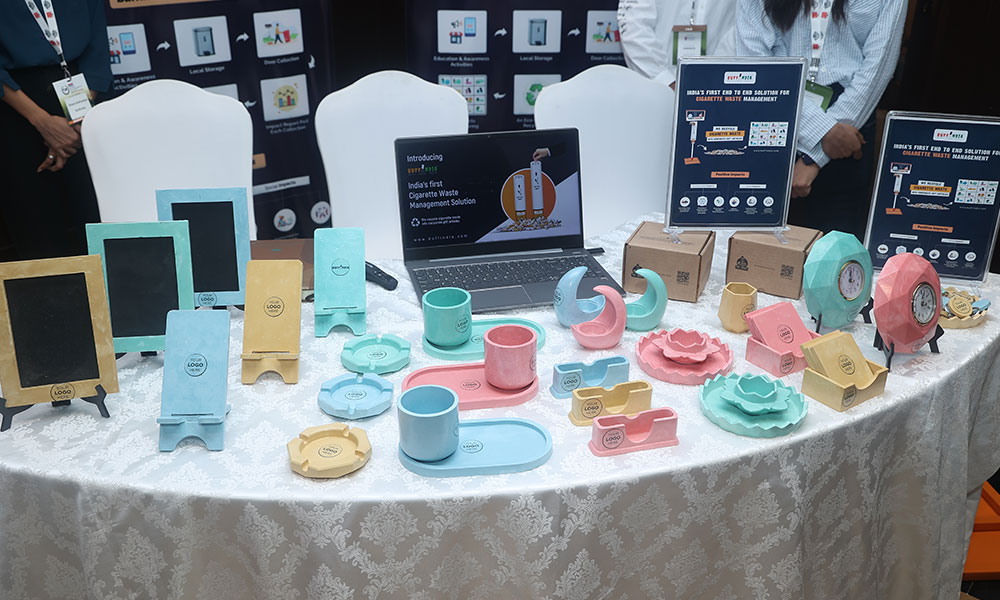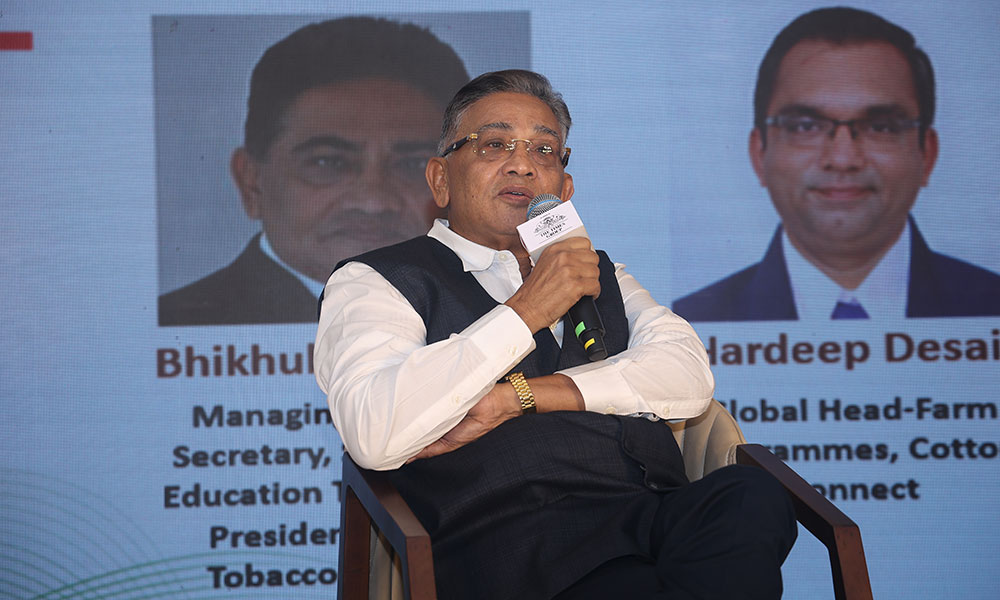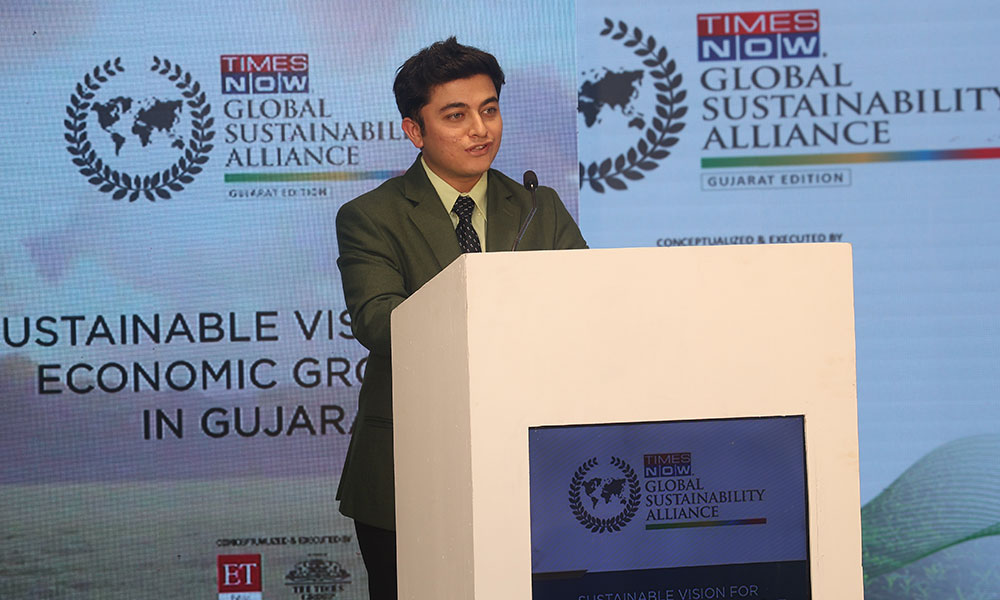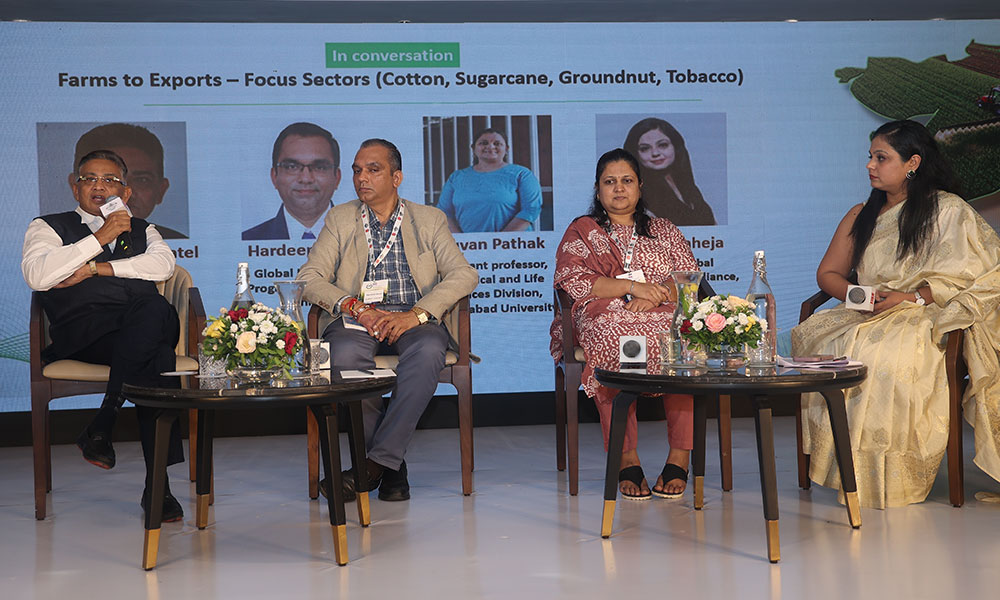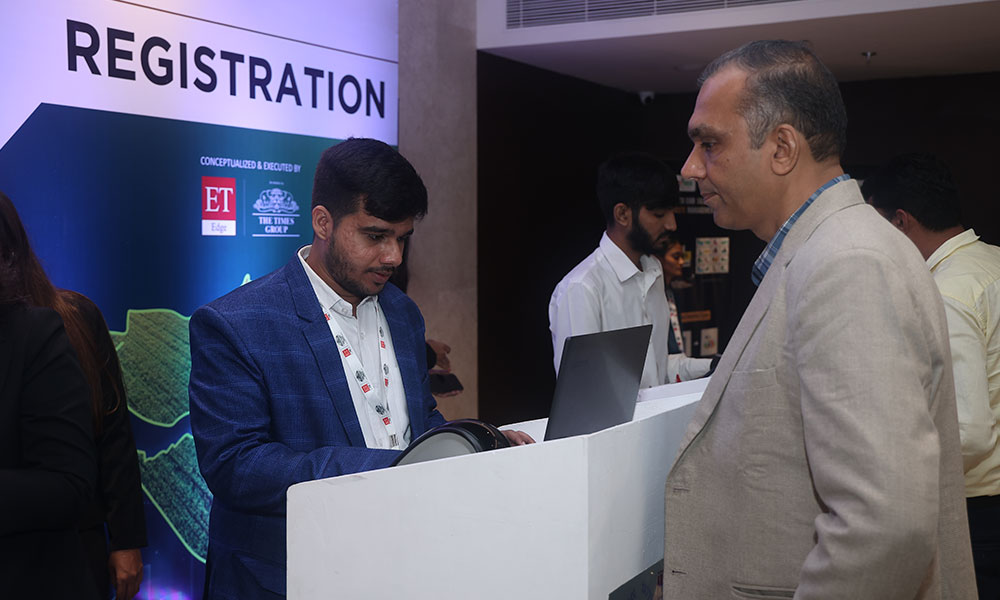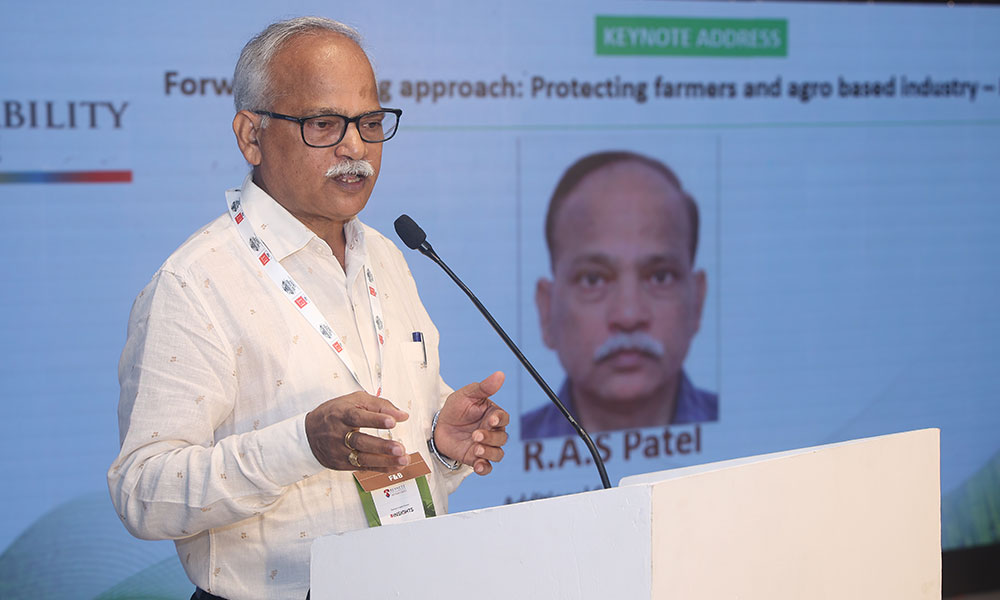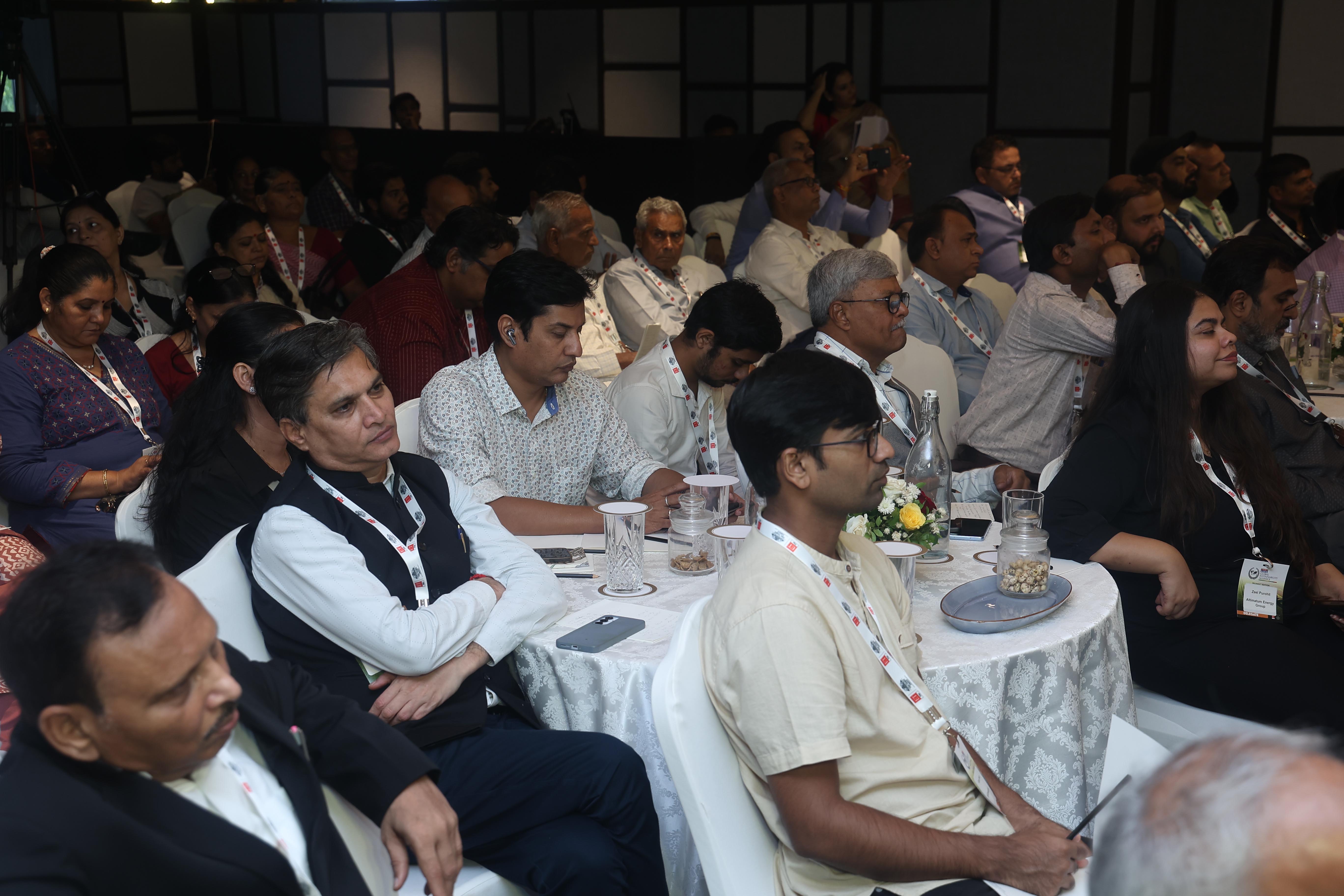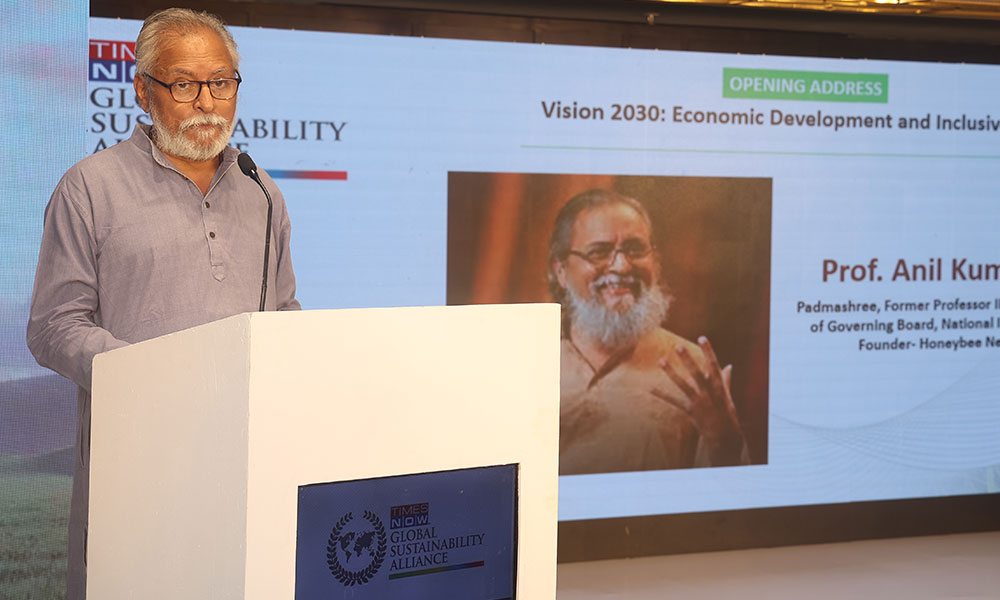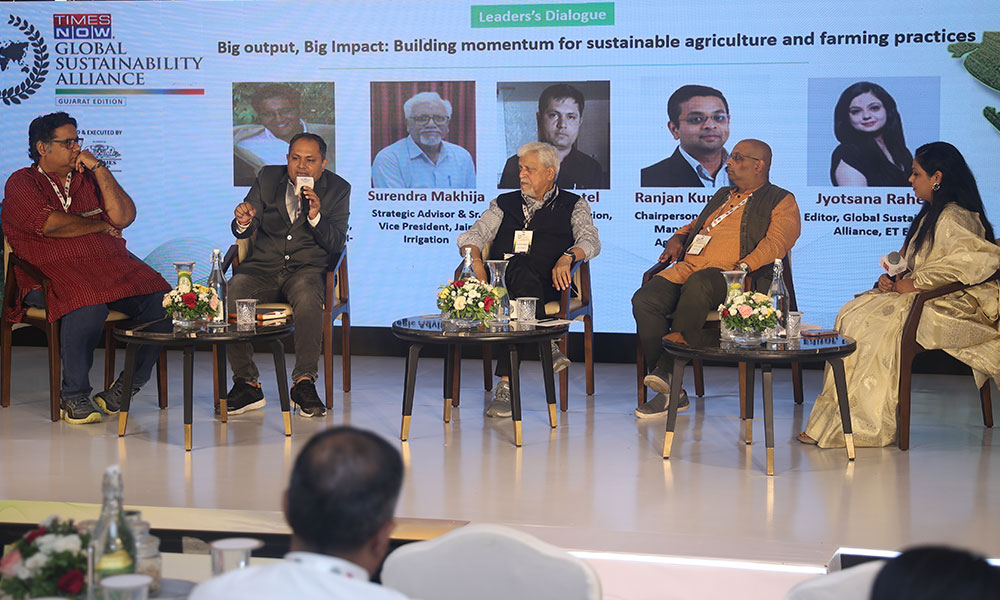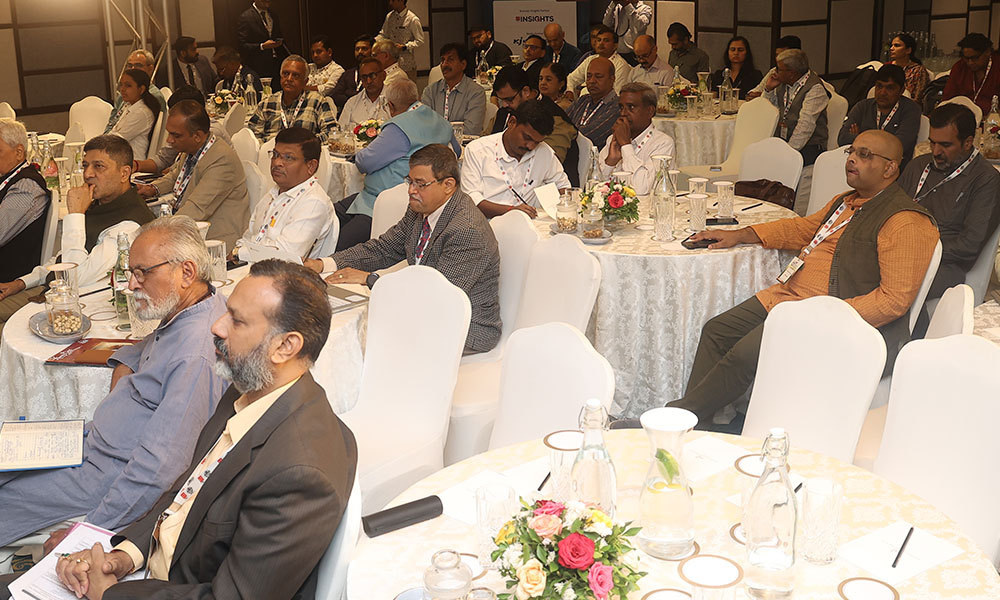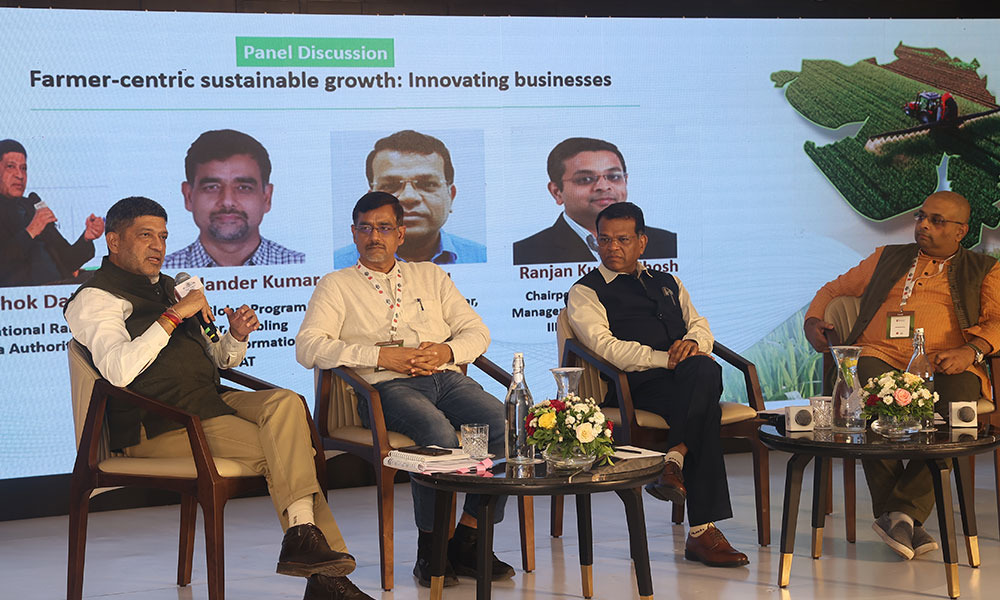
SUSTAINABLE VISION FOR ECONOMIC GROWTH IN GUJARAT
- 30th August 2024
- Taj Gandhinagar, Gujarat
Overview
Accelerating Progress: Resource Conscious and Low Carbon Agricultural Developnment
India is currently one of the fastest-growing economies in the world, home to almost one-sixth of humanity. Its growth momentum is an integral part of global development and is essential to meeting the world’s sustainable development goals. Gujarat is India’s most urbanized and industrialized state, accounting for almost 8 percent of the national gross domestic product (GDP) despite having only 6 percent of the country’s geographical area and 5 percent of its population.
As India’s leading growth hub, Gujarat is firmly committed to national socio-economic growth, on the backbone of proactive governance, state-of-the-art infrastructure, and complete ease of doing business.

In addition to a framework for sustainable business, the state government is undertaking a comprehensive approach to meet the sustainable development goals (SDGs) by 2030 by integrating SDGs into national and sub-national policies and programs, ensuring that all aspects of governance and development contribute to these goals.
Within the large eco-system of business industries in Gujarat, major industries like agriculture and food processing have a significant impact on sustainable development as drivers of economic growth and innovation. Leading as second in ‘Green Revolution’ – Gujarat has achieved an agricultural growth table at 9.6% and has carved a niche in the field of agricultural development In India. It has helped to cater to the sustainable development goals to “End hunger, achieve food security and improved nutrition and promote sustainable agriculture” (SDG2). Due to its varied agro-climatic conditions, Gujarat is known for its agricultural productivity and diverse crop cultivation.
Crop Diversity
cotton, groundnuts, bananas, mangoes, sugarcane, and rice.
Government Support
Various schemes and subsidies to support farmers, enhance crop productivity, and ensure agricultural sustainability.
Technology Adoption
Farmers are early adoptors of agricultural technology and innovative practices.
Irrigation Infrastructure
Significant investments in irrigation infrastructure are improving water availability for agriculture and has contributed to increased agricultural productivity.
Exports
Cotton, groundnuts, spices, and fruits, contributes significantly to both domestic consumption and export markets. The state's ports facilitate agricultural exports, enhancing the economic viability of farming activities.
Speakers

Abhiir Bhalla
Youth Environmentalist

Bhikubhai N Patel
Managing Trustee & Secretary
Sardar Patel Education Trust, Anand, Gujarat Tobacco Merchant Association
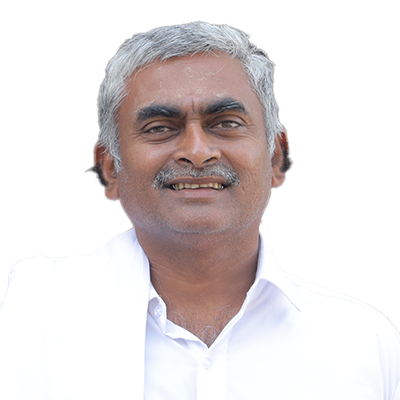
Rameshbhai Ruparelia
Founder & CEO
Gir Gau Jatan Sansthan
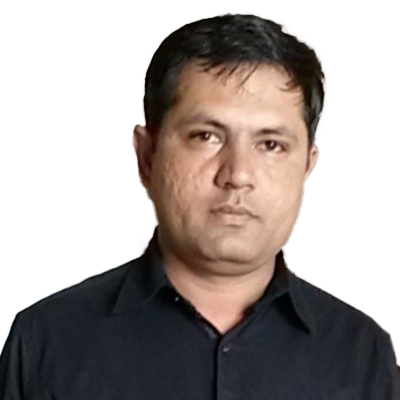
Bharat Patel
Head - Gujarat Region
UPL

Megha Desai
Senior Coordinator, National Farmer’s Forum Network
Self Employed Women’s Association (SEWA)

Dr. Shailendra Kumar
Deput Global Program Director, Enabling System Transformation
International Crops Research Institute for the Semi-Arid Tropics (ICRISAT)

Prof. Ranjan Kumar Ghosh
Chairperson, Centre for Management in Agriculture
IIM Ahmedabad
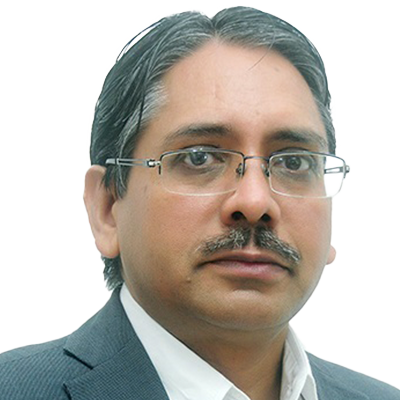
Ramesh Chand Meena
IAS Principal Secretary, Chairman , Food, Civil Supplies, Consumer Affairs
Government of Gujarat
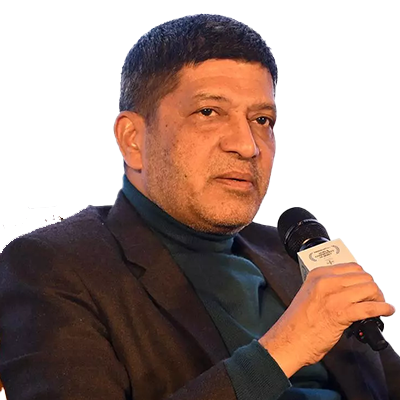
Dr. Ashok Dalwai
CEO
National Rainfed Area Authority (NRAA)
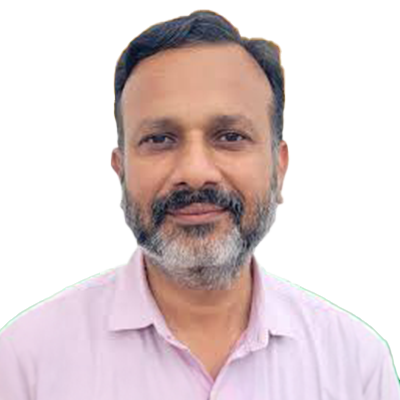
Bhavesh Modi
Professor & Head, Department of Community & Family Medicine
All India Institute of Medical Science
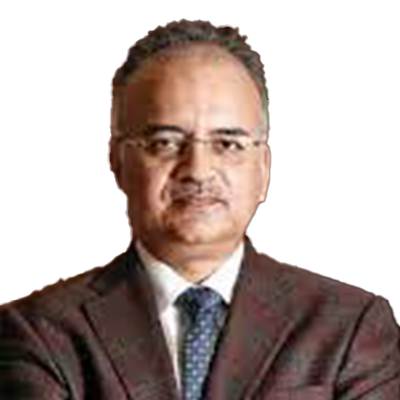
Sanjeev Kumar
Principal Secretary (I/C), Climate Change Department
Government of Gujarat
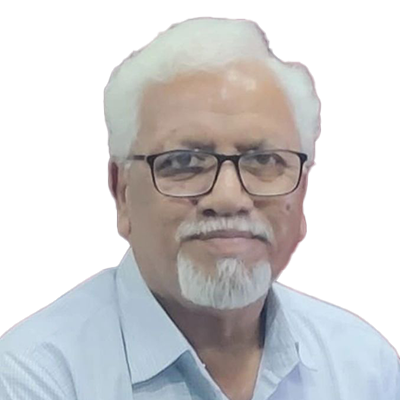
Surender Makhija
Strategic Advisor & Sr.Vice President
Jain Irrigation

Shilp Verma
Deputy Country Representative – India, Program LeaderIWMI-Tata Water Policy Program, Senior Researcher, Water-Energy-Food Policies
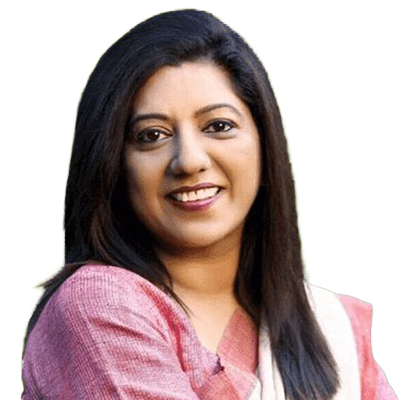
Dr. Anju Sharma
Additional Chief Secretary to Government, Agriculture, Farmers Welfare & Co-Operation Department
Government of Gujarat
Key Takeaways
11111
To learn how to use resources
Address the unique problems
Gain an industry outlook
Key Discussion Points
-
Bio stimulants for healthier crops
-
Waste management, energy, air pollution
-
Low-carbon agriculture: a forward-looking approach to farming
-
Key aspects of growth in agriculture to accelerate progress across SDG’s.
-
Mitigation Initiatives - State of Gujarat
-
Climate mitigation and policy evaluation
-
Sustainable use of resources – water, land and fertilizers
-
High risk crops – Tobacco, implement strong tobacco taxes (that could also include an environmental tax) and alternative and sustainable crops
11111
Who Should Attend?
Agenda
Opening Address: Vision 2030: Economic development and inclusive growth
Keynote Address: Forward looking approach: Protecting farmers and agro based industry - Case of Gujarat
R.A.S Patel, Deputy Commissioner (NRM/RFS), Ministry of Agriculture and Farmer's Welfare
Dr. Anju Sharma, Additional Chief Secretary to Government, Agriculture, Farmers Welfare & Co-Operation Department, Government of Gujarat
Leaders’s Dialogue: Big output, Big Impact: Building momentum for sustainable agriculture and farming practices
Moderator
Shilp Verma, Deputy Country Representative – India, Program Leader, IWMI-Tata Water Policy Program, Senior Researcher, Water-Energy-Food Policies
Bharat Patel, Head – Gujarat Region, UPL
Voice of Farmers: Agro business and policy advocacy: Providing livelihood and support
Megha Desai, Senior Coordinator, National Farmer’s Forum Network, Self Employed Women’s Association (SEWA)
Female Farmer
In conversation: Farms to Exports – Focus Sectors (Cotton, Sugarcane, Tobacco)
Bhikhubhai N Patel, Managing Trustee & Secretary, Sardar Patel Education Trust, Anand, President, Gujarat Tobacco Merchant Association
Hardeep Desai, Global Head-Farm Programmes, Cotton Connect
Spotlight Talk: Enabling farmers: Meeting sustainability standard, practices and investments
Sanjeev Kumar, IAS, Principal Secretary (I/C), Climate Change Department, Government of Gujarat
Farm Factor - Opinion of Stakeholders: Expectations and Challenges
Bhavesh Modi, Professor & Head, Department of Community & Family Medicine, All India Institute of Medical Science
Dewang M Thakar, Member Secretary, Gujarat Pollution Control Board
D.H Solanki, Director of Agriculture, Directorate of Agriculture, Government of Gujarat
Panel Discussion: Farmer-centric sustainable growth: Innovating businesses
Dr. Ashok Dalwai, CEO, National Rainfed Area Authority (NRAA)
Dr Shalander Kumar, Deput Global Program Director, Enabling System Transformation, ICRISAT
Dr. K Inkarsal, Chief General Manager, Department of Climate Action and Sustainability, National Bank for Agriculture and Rural Development, Mumbai (NABARD)
Voices that matter - Meet the Indian Youth Fighting Air Pollution
Opinion: Implications of the European Green Deal for agri-food trade
Ramesh Chand Meena, IAS Principal Secretary & Chairman, Food, Civil Supplies and Consumer Affairs
Ramesh Verma, Deputy Secretary-Logistics, DPIIT, Ministry of Commerce and Industries, Government of India
Call for action: Climate Mitigation and crop adaptation
Prof. Ranjan Kumar Ghosh, Chairperson, Centre for Management in Agriculture, IIM Ahmedabad
Prof. Chittaranjan Kole, President, International Climate Resilient Crop Genomics Consortium

